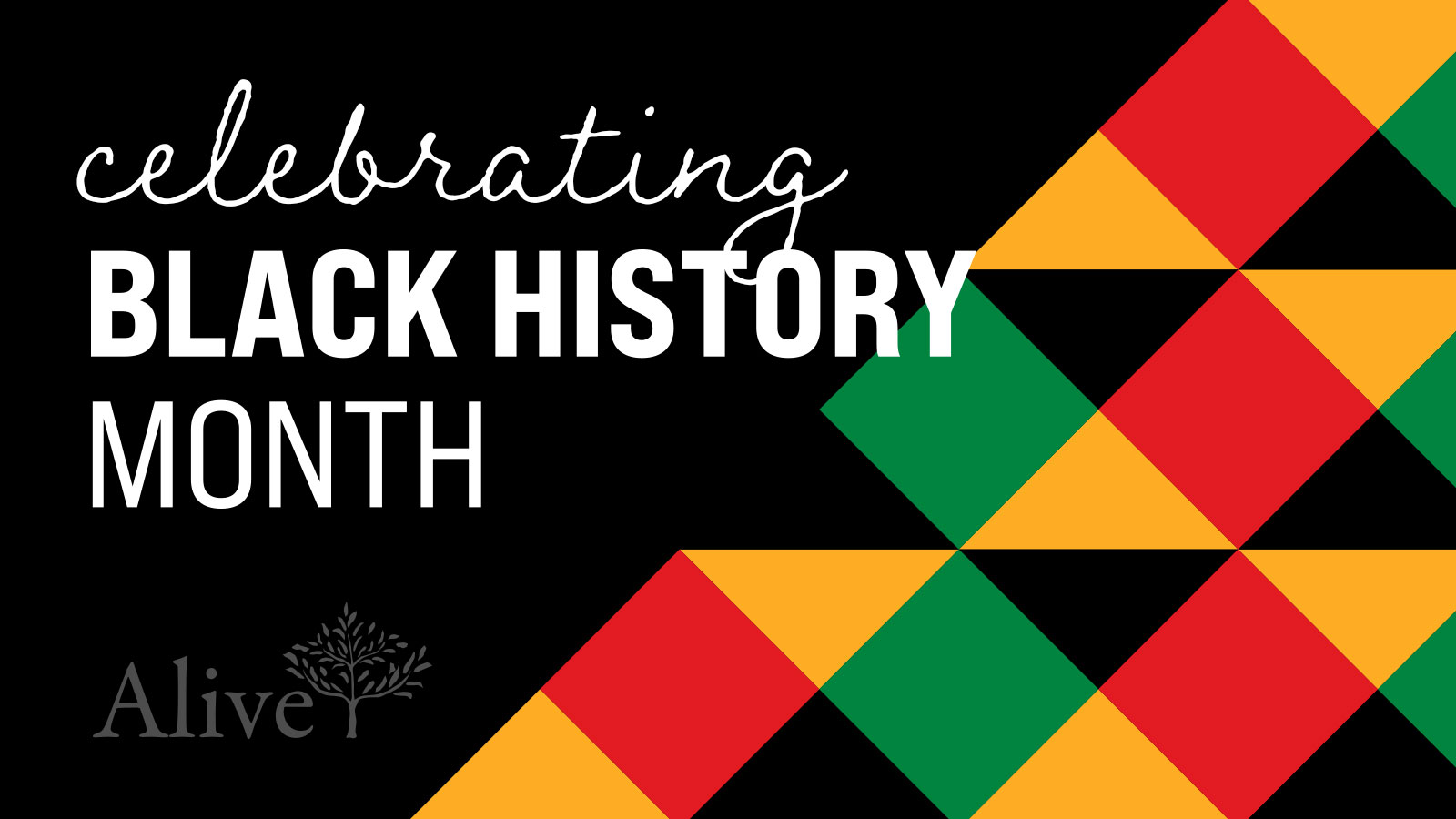Pioneers of Progress
Published on February 15, 2024
Honoring Trailblazers for Black History Month
In honor of Black History Month, Alive is celebrating the remarkable contributions of Black clinicians, scientists, and healthcare leaders who have indelibly shaped history. Here, we highlight pioneers who shattered barriers, pioneered medical breakthroughs, and championed health equity, leaving an enduring legacy for generations to come.
Black History Month traces its roots to 1915 when Harvard-trained historian Carter G. Woodson and minister Jesse E. Moorland established the Association for Study of Negro Life and History (ASNLH). By 1926, the group initiated the first National Negro History Week, leading to its eventual recognition as Black History Month by President Gerald Ford in 1976.
Join us as we commemorate these extraordinary individuals who’ve made significant strides in the field of medicine, transcending racial, social, and economic obstacles to forge a path of excellence.
Rebecca Lee Crumpler, MD (1831–1895)
Born in Delaware and raised by an aunt in Pennsylvania, Rebecca Lee Crumpler was influenced by her aunt’s frequent care for sick neighbors. Moving to Massachusetts in 1852, Crumpler began working as a nurse, despite having no formal training. She was admitted to the New England Female Medical College in 1860 and graduated four years later as the first Black woman in the U.S. to earn a medical degree. Crumpler authored the “Book of Medical Discourses” in 1883, one of the earliest medical publications by an African American. She dedicated much of her life to caring for formerly enslaved people through the Freedmen’s Bureau.
William A. Hinton, MD (1883–1959)
William A. Hinton earned a bachelor’s degree in science at Harvard in 1905 and a medical degree from Harvard Medical School in 1912 with honors. Despite his qualifications, racial prejudice hindered his pursuit of a surgical career in Boston-area hospitals. Instead, he volunteered as an assistant in the Department of Pathology at Massachusetts General Hospital, where he became an expert on syphilis and developed a new blood test for diagnosing the disease. Following his years of teaching preventive medicine, hygiene, bacteriology, and immunology, Hinton achieved the milestone of becoming the first African American to attain the rank of professor at Harvard.
Marilyn Hughes Gaston, MD (b. 1939)
Marilyn Hughes Gaston emerged from a childhood marked by poverty and prejudice to dedicate her medical career to serving impoverished and minority communities, advocating for health equity nationwide. In 1986, her groundbreaking study catalyzed the establishment of a national sickle cell disease screening program for newborns and validated the efficacy of penicillin in preventing sepsis infection among infants with the disease. Breaking barriers once again, Gaston made history in 1990 as the first Black female physician to assume the role of director of the Bureau of Primary Health Care in the U.S. Health Resources and Services Administration. Her illustrious career also saw her become the second Black woman to serve as assistant surgeon general and attain the rank of rear admiral in the U.S. Public Health Service.
Louis Wade Sullivan, MD (b. 1933)
Louis Wade Sullivan rose from the segregated South to become a trailblazing figure in American healthcare. As the founding dean of what would become the Morehouse School of Medicine, the first predominantly black medical school of the 20th century, Sullivan pioneered advancements in medical education and minority representation. Later, he served as the secretary of the U.S. Department of Health and Human Services, advocating for health equity and establishing vital initiatives like the Office of Minority Programs. Sullivan’s leadership extends to various influential organizations, including the President’s Advisory Council on Historically Black Colleges and Universities, and his ongoing commitment to fostering diversity in healthcare through initiatives like the Sullivan Alliance underscores his enduring legacy.
Patricia Era Bath, MD (b. 1942)
Patricia Era Bath revolutionized ophthalmology through her pioneering work in addressing racial disparities in vision care. As the first African-American to complete an ophthalmology residency, Bath conducted groundbreaking research highlighting the disproportionate rates of blindness among African-Americans. This led her to establish the field of community ophthalmology, emphasizing preventive care and public health approaches. Additionally, she co-founded the American Institute for the Prevention of Blindness, advocating for sight preservation and restoration. Bath’s trailblazing achievements include being the first woman to chair ophthalmology at a U.S. medical school and securing a medical patent for the Laserphaco Probe, revolutionizing cataract surgery.
This Black History Month, let us honor and celebrate the enduring legacy of these remarkable trailblazers who’ve made indelible contributions to medicine and society at large. Their pioneering spirit and unwavering dedication continue to inspire and uplift us all.

